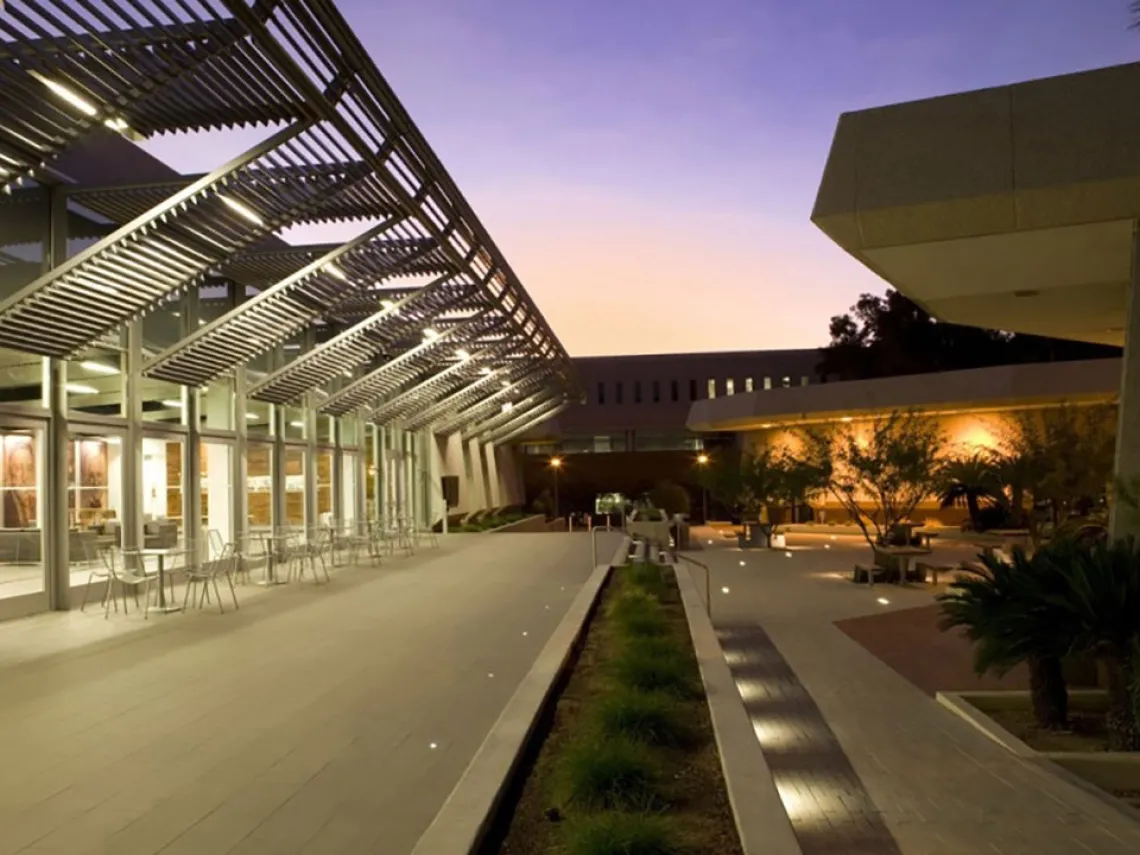Journal of Appellate Practice and Process Releases Special Issue on Judiciary’s Role in Bridging Socio-Political Division

The University of Arizona James E. Rogers College of Law and the National Institute for Trial Advocacy (NITA) have released the Summer 2021 issue of the Journal of Appellate Practice and Process. The 13 articles in the issue focus on the conciliatory role that judges can play in a time of tumult and upset in American public life.
Journal Editor-in-Chief Tessa L. Dysart said, “This issue tackles a timely and important topic—what can be done to ameliorate the divisions in our country. The prefaces and articles provide key insight into the role that judges might play in this endeavor.” Dysart, who serves as the assistant director of legal writing and clinical professor of law at University of Arizona Law, added, “We are grateful to the contributors who wrote for the issue and hope that the issue can have a positive, lasting impact on our national conversation.”
Among those contributors are Erwin Chemerinsky, dean of Berkeley School of Law; legal journalist Tony Mauro; and Kenneth B. Morris, a direct descendant of abolitionist Frederick Douglass and intellectual Booker T. Washington. Members of the Arizona and California trial and appellate courts, the Circuit Executive Staff of the United States Court of Appeals for the Ninth Circuit, the Navajo Supreme Court, the Church of Jesus Christ of Latter-day Saints, and professors from law schools from across the country round out the roster of essayists.
NITA Executive Director Wendy McCormack said, “As Americans, we’re facing many complicated issues right now that touch all our lives. The articles in this special issue are a snapshot that capture what judges are thinking during this unusual moment in our history. It’s heartening to read their words of unity and hopes for the future.”
Associate Justice George Nicholson (Ret.), Court of Appeal, Third Appellate District, State of California, played an instrumental role in recruiting contributors for the issue. He said, “My sincere hope is for trial court, appellate court, and supreme court judges, state, tribal, and federal, as well as lawyers and law professors, everywhere in the nation, to read the special issue, contemplate, and formulate their own proactive ideas on how they may help mitigate the demonization and division in our country, enhance civil discourse and debate, and then act on their ideas.” In addition to his own article, Justice Nicholson contributed two appendices on court–clergy and court‒community outreach.
